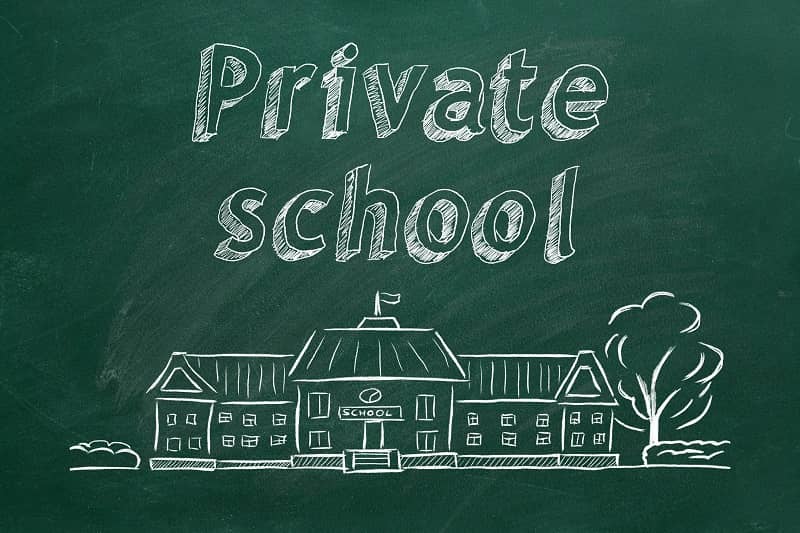

Click the play button to hear the audio commentary
From most of the reporting on the subject of school vouchers in the mainstream press and from comments by politicians and teachers’ union officials, you would think by now someone would have premiered a new TV show called “Fear Factor: School Choice.” But the argument that vouchers would make public schools worse is like the monster in the bedroom closet. It isn’t real, but many people are too afraid to open the door to find out.
Dr. Greg Forster wasn’t afraid. His recent report, “A Win-Win Solution: The Empirical Evidence on How Vouchers Affect Public Schools,” collects the results of all available empirical studies on how existing voucher programs have affected academic achievement in public schools.
His conclusion?
“Contrary to the widespread claim that vouchers hurt public schools,…the empirical evidence consistently supports the conclusion that vouchers improve public schools. No empirical study has ever found that vouchers had a negative impact on public schools.”
These 17 studies also ruled out the possibility that alternative explanations, such as removing the worst students from a failing public school, a “stigma effect,” or “regression to the mean,” could account for the improved performance of public schools after the implementation of a voucher program in their city or state.
But beyond improving public school achievement, vouchers “provide a better education to those who use them, they provide better services for disabled students, they put students into schools that are more racially integrated, they improve students’ civic values, they save the public money….”
So if school choice were a TV show, it wouldn’t be “Fear Factor.” I’d say it would be “Zorro,” the masked hero who stood up for the disadvantaged.
(And by the way, you can make your own school choice “TV show” by entering the Oregon School Choice Video Contest and have a chance to win $10,000 for qualified education expenses. Don’t delay; the contest ends March 25, 2009.)











